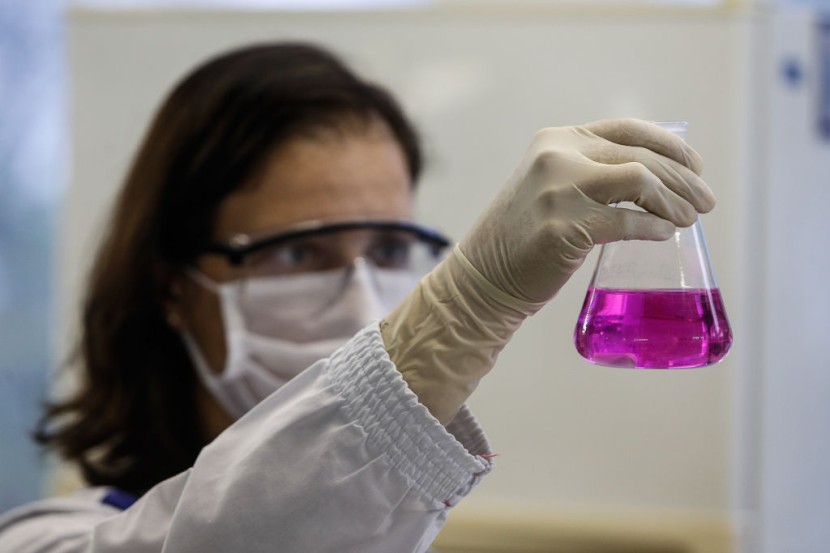
Researchers found optional therapies where potent monoclonal antibodies have unusual strong properties which can resist coronavirus strains that dodge antibodies of vaccines. Finding other layers of possible protection from the virus will help in adding to the security of vaccines.
Researchers discovers new biochemical viral defense
Viruses evolve and change or become another variant, but that's a rare chance. Even the delta has not reached catastrophic numbers.
One aspect of viral evolution is chances of transmitting a mutated variant are pretty rare, and if it does, it might revert to its original form.
The Vanderbilt University Medical Center developed the therapy that enables the discovery of the potent monoclonal antibody that could stop infection of recent variants of the COVID-19. It includes the delta variant, which has not yet evolved a defense for the Vanderbilt antibody.
It possesses rare properties that make it vital to determine the best options to develop into a reactive antibody therapy, noted the Cell Reports.
Dubbed as LIBRA-seq, it was found to speed up finding more antibodies that can fight against infection by the SARS-CoV-2. Scientists have the additional benefit of screening other viruses with the potential of causing human disease even before it develops into a lethal pathogen.
According to Ivelin Georgiev, Ph.D., director of the Vanderbilt Program and who has a background in infection, immunology, and inflammation, it will be a means of developing therapies with potent monoclonal antibodies that will not be a shot in the dark if it would work.
He added that constant mutation of viral properties is endless. Researchers are always trying to catch up, which is not viable, or something terrible may happen.
Reactionary approaches are not good enough because they might lead to outbreaks that might not be coped with. Instead, having a proactive approach to nip a worse version of pathogens will be more beneficial.
Studies find curative measures against SARS-CoV-2
Georgiev and his colleagues gave an account of how a monoclonal antibody was isolated from a former COVID-19 patient. Interestingly, it is promising in viral defense, more potent than usual to the virus. Results from this one patient show possible promise in dealing with problematic new variants noted SciTech Daily.
When examined, the researchers saw unusual genetic properties and even structures quite different from other bodies used for SARS-CoV-2 treatment. One assumption is that the COVID pathogen will not instinctively change itself if the antibody is unknown, cited HospiMedica.
LIBRA-seq is Linking B-cell Receptor to Antigen Specificity through sequencing was devised by Ian Setliff, a Georgiev's lab graduate student, and Andrea Shiakolas, a Vanderbilt graduate student.
Setliff wanted to find a way to track the genetic sequences of antibodies and specific viral antigens. They are protein markers that antibodies would identify and neutralize, looking for antibodies by detecting the viral antigen.
Using several specialized facilities to test the method, Georgiev tried out Setliff's idea and tested it, and it panned out. The concept of Setliff and Shiakolas was proven to work as the LIBRA-seq tech.
Georgiev said many changes in the techniques in the last three to four years allow the development of this new therapy and vaccine advancement.
The Libra-Eq technology detected Potent monoclonal antibodies that will assist in more proactive measures to cure SARS-CoV-2.
Related Article : South African COVID Variant May Have Evolved New Spike Protein to Bypass Immune System








